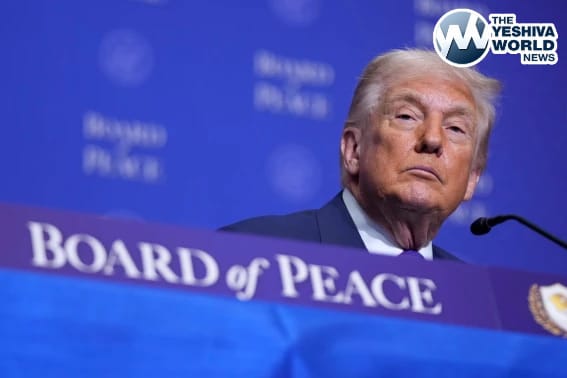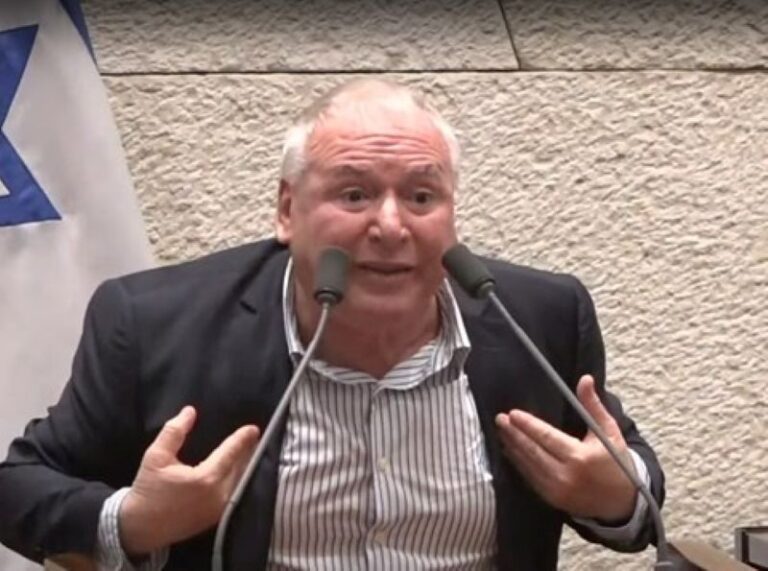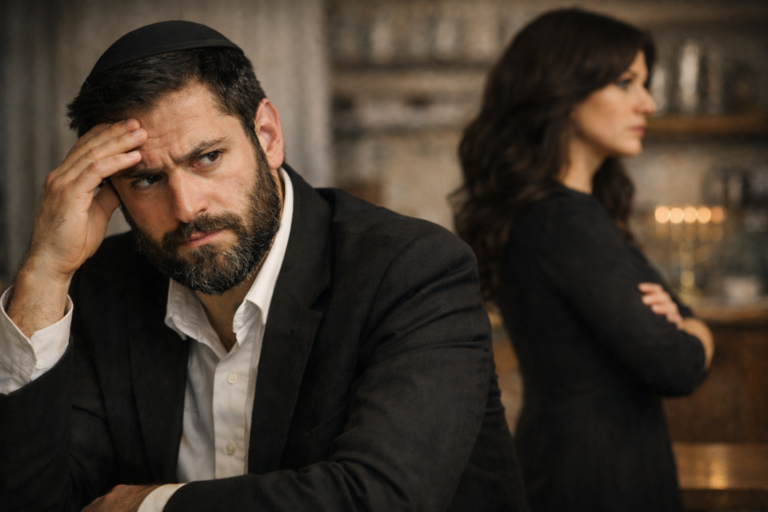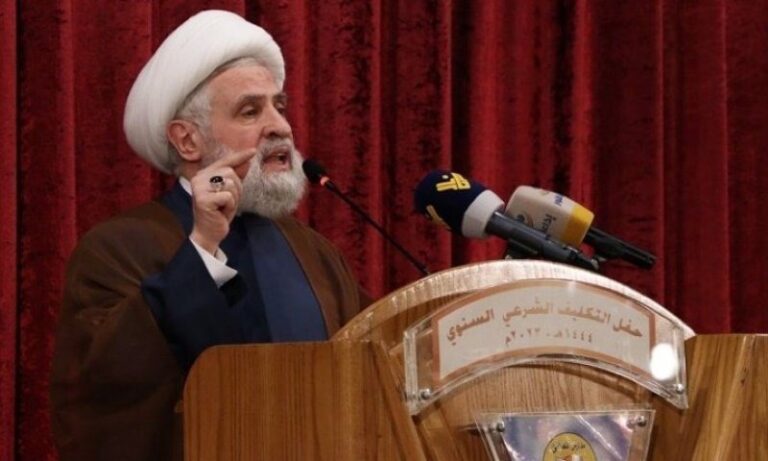By Rabbi Yair Hoffman for 5tjt.com
You and a few others are listening to the repetition of the Shmoneh Esreh by the Shliach Tzibbur. The guy next to you had just completed the Modim Derabanan. You heard him finish it – “boruch kel hahodaos.”
Do you respond with an Amain to his Modim or not?
Generally speaking, there are two reasons why one would not recite the amain. The first reason is that people generally finish modim derabanan at the same time. When two people finish a bracha at the same time you don’t respond with an amain because it appears as if you are answering amain to your own bracha (which is the manner of ignorant people see Tosefta Megillah chapter 3). The second reason is that it is perhaps not a full bracha – because there is no shaim hashem.
THE RE-TIMERS
Apparently, a number of people have been “re-timing” their recitations of the modim derabanan to finish it earlier or later – to do exactly that – to catch an extra amain. They are basing themselves on a responsa from Rav Yoseph Chaim Sonnenfeld zt”l (1849-1932).
Rav Sonnenfeld was a student of the Ksav Sofer and was awarded the title of “Moreinu” when he was 21 years old. He was one of the founders of the Eida Hachareidis in Yerushalayim.
THE SALMAS CHAIM
The Salmas Chaim is a series of questions and answers that were posed to Rav Sonnenfeld by his student, Rav Shlomo Sobel. In Siman 133, of the sefer, Rav Sobel poses the question. He cites the Be’er Heitev (Siman 214) regarding the brachos in Shmoneh Esreh that do not have malchus in their nusach.
The be’er Heitev quotes the Bais Yoseph who says that the first bracha has the words “HaKel Hagadol” which acts as malchus and the other subsequent brachos rely on “her friend.” Rav Sobel explains that it is quite possible that the Modim derabanan could be considered as having shaim uMalchus and one would have to answer Amain – like we do regarding the Boreh Nefashos bracha.
Rav Sonnefeld zt”l answers, “.. however, it is unclear if we can obligate someone to answer Amain, but nonetheless, it is proper to ander amain to any bracha – even a mishebairach to his friend. If, however, he knows that the others around him are not careful to answer it is proper for the mevaraich to say it silently.”
CONTROVERSY
There are some individuals, however, who feel that the entire practice is against the Mesorah and should not be done. They ask, “Have you ever seen Gedolim doing this?” Indeed, some of those who are against it actively protest the practice.
Those that do it, however, counter that the reason it is not done is because there is no opportunity to do in general because people generally finish at the same time. But the Gemorah (Brachos 53b) does say that answering Amain is greater than the recitation of a Bracha, and therefore why not do it?
CONCLUSION
So who is right? So far, this author has not found anyone that disagrees with Rav Sonnenfeld on the topic. The fact that we haven’t seen anyone do it is not a proof either. There is a famous concept throughout Shas and poskim called “lo ra’inu aino raya” – not seeing something is not a proof.
The author can be reached at [email protected]












One Response
Many Halachic works count the 100 amen a person can say a day. Not one mentions this one.